The Emigration from Russia to Manitoba in 1875
Johann Wiebe
What we have said in the preface is only about our journey from Russia to America.1 But what we want to say now, if the Lord will give us grace, should encourage us to work out our salvation with fear and trembling (Philippians 2:12). To show how difficult our progress has been in spiritual matters, in the work of the church, and how hard it has been to keep God’s word as our rule and guiding principle, as Jesus and the apostles teach us, and we ourselves have recognized the same as lawful at holy baptism, which we, a great part of us, had already lost in Russia by drawing strength from mere flesh (Jeremiah 17:5).
We would not allow ourselves to be punished by God’s Spirit, because we lived far too carnally and worldly. And to be carnally minded is death (Romans 8). Therefore, we could no longer remain in the freedom into which Christ has delivered us, because people had already made themselves too subservient to worldly law and punished their disobedient brethren with worldly power rather than with church discipline. For this reason, the bishops and ministers, together with the entire church, dropped the practice of brotherly discipline according to the word of God, and turned to worldly power, which only belongs to the authorities and not to the followers of Jesus (Matthew 21). That is why they could not remain in freedom and let themselves be caught again in the yoke of bondage (Galatians 5).
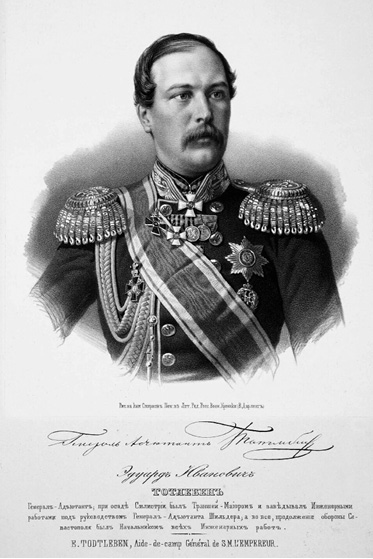
“Are you still so foolish?” Paul asks. “After beginning by means of the Spirit, are you now trying to finish by means of the flesh?” (Galatians 3:3). “But now that you know God – or rather are known by God – how is it that you are turning back to those weak and miserable forces? Do you wish to be enslaved by them all over again?” (Galatians 4:9). How can a follower of Jesus, or the church of the Lord, exercise such punishment as all of us who were born and grew up in Russia have experienced? Namely, they were imprisoned and punished with blows of the rod for being heavily in debt, and were fed with bread and water, and yet remained as brothers in the church. Still other disobedient members were punished with fines, with hewing wood and digging ditches. Can God be pleased with such people? Can he bestow his Spirit on them? No, for Jesus says to his disciples: Rulers and overlords exercise authority, but it should not be so among you (Matthew 20:25). And if it is not to be so among his disciples, then Mennonites who exercise such authority and rule among themselves will not be able to be his followers. Because Jesus says: it shall not be so among you. For he said, “My sheep listen to my voice; I know them, and they follow me” (John 10:27). “But you do not believe me because you are not my sheep” (verse 26). Alas! How much struggle and strife there was in Russia for a poor servant like me, to plead this with God, that is, with all those who did not want to transgress God’s word, to free ourselves from everything there.
We first had to plead for God’s grace and mercy, to leave such a large congregation filled with bishops and ministers who saw it as completely unnecessary and wrong to emigrate. Indeed, some ministers even said, after General Totleben (on behalf of the emperor) had explained the matter to us, that our children should only do civilian service and not immediately take up the sword, that anyone who did not want to do this was going against God and the authorities. Oh, how frightening it was for us poor sinners to hear this. And such were the general attitudes of the ministers in the Chortitz congregation. Even the dear Bishop Gerhard Dyck, who had baptized me and had me elected as a minister in 1865 and bishop in 1870, said that his conscience told him that we had no choice but to give the children to such service. And he went on to say: “On the one hand it’s piled high, and on the other hand it’s piled even higher.” And with those words I drove away from him. Sighing and crying out to my God in heaven the whole journey from Chortitz to Fuerstenland, I returned to my family and my dear congregation. May the Lord have mercy on me, a poor sinner, and give me help, strength, and support to deal with this important matter properly before God and the many souls who are close to me. For God knew my great weakness, but I would gladly do what is good. I pleaded the whole journey home, that it did not go all in silence: May the Lord have mercy on me and graciously help me through and lead me in the right way, without discussing it with flesh and blood (Galatians 1:16). Lord, help us to do everything right for you and the church, so that none of the souls entrusted to us may miss the right path.
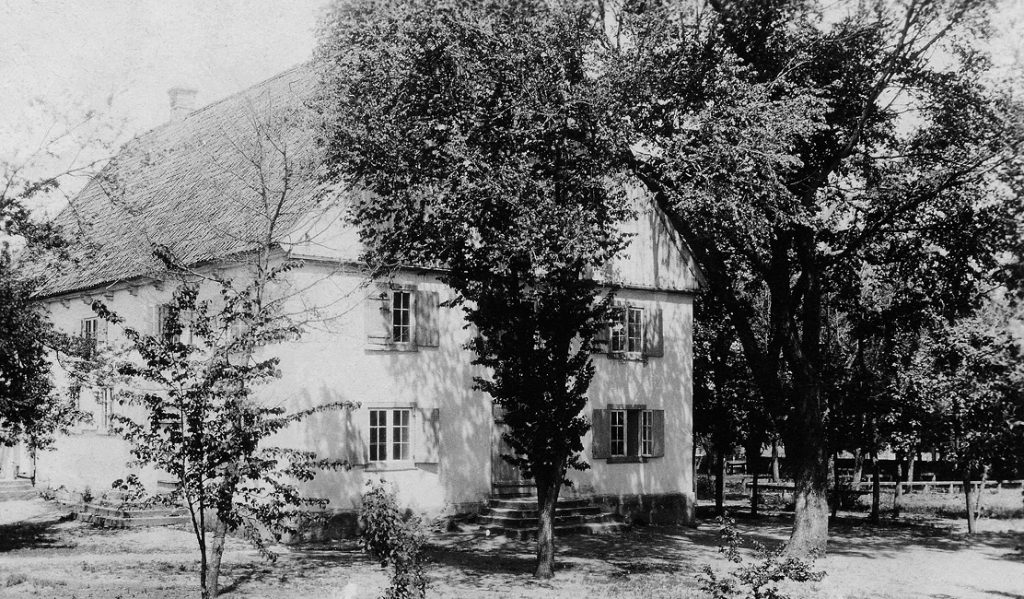
Yes, help me to teach my congregation, entrusted to me by God, and to lead them to good pasture, so that their blood may not be exacted at my hand (Ezekiel 33:6). My struggle continued at home, so that my family, wife and children, were moved to compassion. And when I stopped praying, I went back to my room, confident and cheerful, thinking that the Lord can and will help. I took the hymnal, let it fall open, and found the beautiful song, number 346, “Great, O Lord, is thy goodness, / Very great is thy faithfulness / In the righteous tabernacle / It shows itself daily anew, / When in all adversity / It turns away fear and suffering, / Through tribulation leads to joy / And compels even death,” etc.2 How every word of this song was so comforting to me, a poor and weak man. And I really felt the great grace and goodness of our God, so that I could almost exclaim: “Taste and see that the Lord is good; blessed is the one who trusts in him” (Psalm 34:8). And all fear and distress were suddenly gone, and my heart was now at peace, and I went to my God with confidence. I could cast all my worries on the Lord in the hope that he would do all things well (1 Peter 5:7). But I have to say that when I arrived home, my neighbours and friends immediately came to me and were curious to know what I had learned from the bishop there and what my attitude was now. Then I felt so weak and was afraid to say what I wanted or should do. Would I be able to carry it out? The apostle’s words had to be fulfilled in me, which he himself had to experience: When I am weak, then I am strong. Therefore, I take pleasure in weaknesses, in shame, in difficulties, in persecutions, and in distresses for Christ’s sake (2 Corinthians 12:10). I experienced this very vividly in myself at that time, after the hard-fought battle through which the disciples of Jesus and all the apostles, and so many thousands of martyrs, went so joyfully, not only to prison, but also to death; and I myself was threatened with it while still in Russia, and came so far in it that I felt no fear or terror about it, but there was a longing in me, a desire to suffer for the sake of Christ (1 Peter 4:13). And John says, “There is no fear in love; but perfect love casts out fear” (1 John 4:18). “For this is the love of God, that we keep his commandments. And his commandments are not heavy. For everyone born of God overcomes the world. Our faith is the victory that has overcome the world” (1 John 5:3–4).
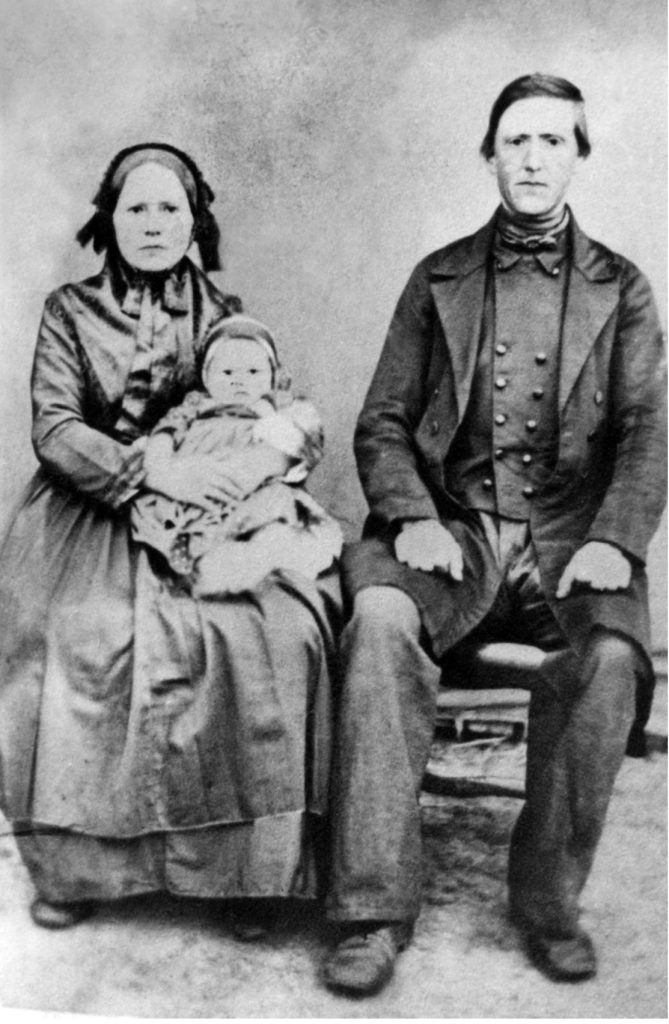
Then I called the brethren together in the Alexandertal church to discuss whether we should emigrate or not, which General Totleben also asked us to state. At that time we agreed to emigrate with 150 families. But many attitudes and dubious thoughts were expressed among them. But if we wanted to remain faithful to the vow we had made to God and the church at our holy baptism, we knew no other counsel than to follow Jesus where he would be with us, for there was no other way open to us but to leave. And we wanted to renounce, according to God’s word, those duties that our children were to assume, and everything else that had already gone too far in Russia. And seek to improve ourselves, and follow Jesus alone, who would do everything well, and carry out everything according to his will and pleasure and for our good, as the poet says: “Where Jesus goes, follow him, / How and where he leads, / Because no harm will surely come to you, / If he will not touch you. / No harm will befall you without him, / All your time is in the hands of God the Father.”3
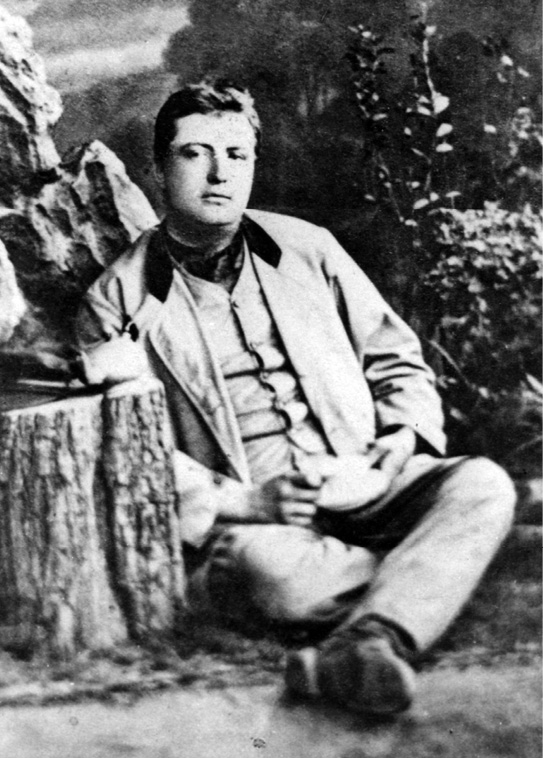
And the Lord said to Abraham! (So reads our text.4) “Go from your country, your people and your father’s household to the land I will show you” [Genesis 12:1] And all this gave me, a poor sinner, courage, so that I could touchingly and prayerfully send my sighs up to heaven: May God have mercy on us poor sinners, and give us strength to live according to his will, and to become strong through his Holy Spirit, in our inner being, and to have Christ dwell in our hearts through faith, and to be rooted and established ever more firmly through love. That we may understand, with all the saints, what is the breadth and length and depth and height. Also to realize that to love Christ is better than all knowledge, so that we may be filled with all the fullness of God. Now to him who is able to do exceedingly abundantly (and often has done so) above all that we can do, ask or understand, according to the power that works in us, to him be the glory in the church which is in Christ Jesus for ever and ever. Amen! [Ephesians 3:16–21]
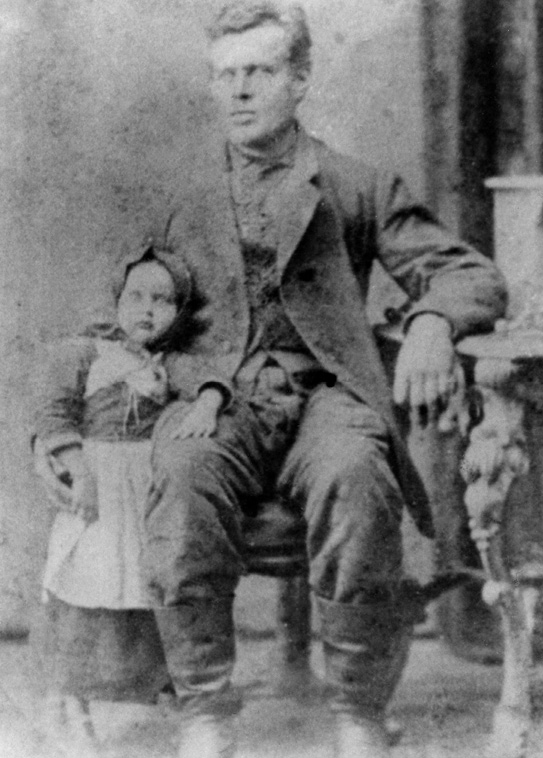
In such a spirit, as already mentioned in the preface, we had to say goodbye to our beloved congregation, bishops and ministers, many good friends and acquaintances, parents, siblings, and children. With much sadness and sorrow in our hearts, saying and asking: Do you really want to stay there and take on all this? Are you not afraid of God? “That [. . .] is not the way of life you learned when you heard about Christ and were taught in him in accordance with the truth that is in Jesus” (Ephesians 4:20–21). Paul says so clearly: “In your relationships with one another, have the same mindset as Christ Jesus” (Philippians 2:5). Jesus our Saviour was willing to suffer gladly. And all his followers must be of the same mind. Christ did not want to be shielded by Peter with the sword. And yet when Peter was so eager and cut off the ear of the high priest’s servant with his sword, Jesus healed it and said to Peter, and so to all his followers: “Put your sword back in its place. For whoever takes the sword shall perish by the sword” (Matthew 26:51–52). And whoever wants to repeat after our Saviour in truth, as he said there on the cross, “Father forgive them, for they know not what they do”: all weapons fall from their hands. Just as nothing more was heard of Peter, for he was a true follower of Jesus, Christ wanted to drink the cup that the Father had given him, and how could it be otherwise: a Christian must also drink the cup of suffering with Christ (John 18:10–11). Or do you think that anyone can be saved by any way other than that which Christ taught us? Is not Christ the way? The truth and the life? Is he not the gate for the sheep, so that no one can enter it except through him (John 10:9)? Is he not the shepherd of the sheep, whom the sheep must follow? Is he not our Lord and Master? Is he not our leader and guide? Therefore, undaunted (says the poet), it is not difficult to find / the trail of eternity / Through the sea of gloom, / Through weather, fear, and stormy winds. / The Lord of the sea leads the way / He is the right helmsman / He will steer the little ship well / And guide it to the happy shore. / He always hurries towards heaven, / There one is in desired peace.5
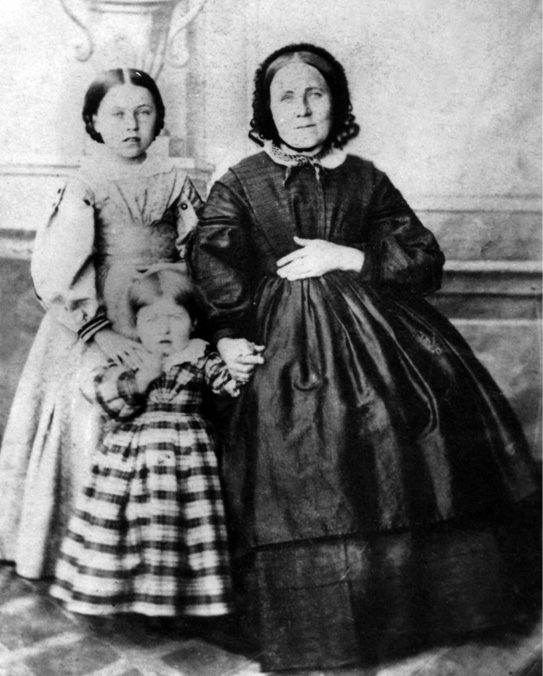
I want to remind you of our weak struggle, and our great weakness, here in America. How we have had to continue to govern the whole church according to God’s holy word, or to act according, as Jesus and his apostles have so clearly taught and prescribed for us in Matthew 18:15–17, 1 Corinthians 5 and 6, 2 Thessalonians 3:7, 1 Timothy 1:20, Titus 3:10, and many other passages. Because we have pledged and promised all these things at holy baptism, to live, teach, and act according to God’s word! Already in Russia a large part had fallen away and holy baptism, which should only follow repentance and faith, was only rightly recognized and felt or brought to life in the heart by a few. So also brotherly discipline, which Jesus instructed his church to practice, was greatly neglected and almost lost on the disobedient brethren, according to Matthew 18. Instead of punishing the disobedient with admonition and church discipline, almost everything was dealt with using worldly power. There was quarrelling and judgement before the unrighteous, and not before the saints as Paul so clearly instructs the Corinthians and all Christians baptized in the faith, saying: “Do you not know that the unrighteous will not inherit the kingdom of God?” (1 Corinthians 6). The fornicators and adulterers were still punished with the word of God and put out of the church. Bu.t the other disobedient ones, who did not live according to the apostolic statutes, were punished with the secular law.
I say that almost everything in our church was already lost in Russia. Although we confessed and considered it lawful, as our twelfth article of faith clearly teaches, that all rebellious and disobedient members should be excluded after three warnings if they do not improve, what happened to this beautiful teaching? Because we had men among us in Russia who were elected by the congregation and confirmed by the authorities to punish the disobedient with secular power, to imprison or beat very severely with the rod, and other such acts. With the help of God, we fled all the way to America, and even in Russia could not tolerate such acts, but always taught and testified against them, that such acts do not befit any follower of Christ.
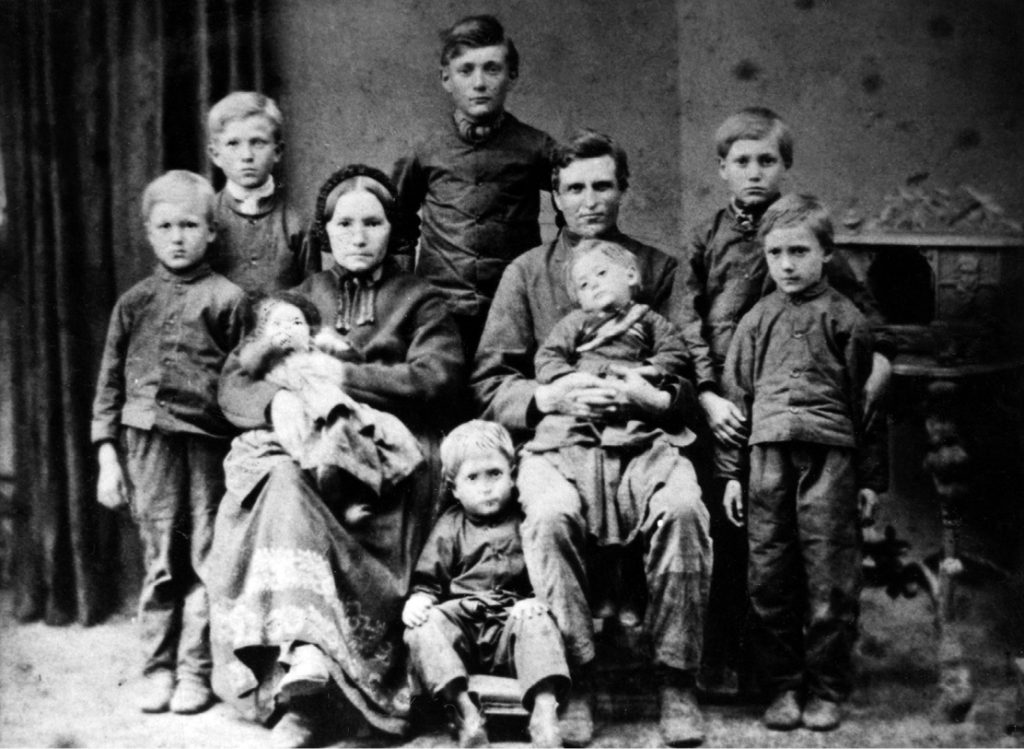
As soon as we arrived here, after resting for several days at the immigrant houses, I called together all the brethren who had received faith and baptism with us from our mother church in Russia (Ephesians 4). Because we had gathered here from many places or regions and not all of them were from the congregation entrusted to me, I wanted to consult with them to see how the brethren who had come all this way were now feeling, and to hold fast to the basic teaching given by the Lord and seek to renew it, as Jesus so clearly teaches us, saying: “Teach them to keep everything I have commanded you” (Matthew 28). We immediately made the decision, as much as God would give grace and blessing to it, to lay aside and renounce here in America all the human statutes and everything that had been punished by the authorities in Russia and rather let us elect a man or leader who would help the church to lead and govern everything according to Christian order. This also applied to the great debts we had incurred through the long journey. And if there were any disobedient brethren, which there always were, who did not want to accept their fault, they were to be reported to the teaching ministry, and if that did not help, they were to be tried by the church according to Jesus’s words (Matthew 18:17). This was agreed upon at the very first consultation in the immigrant houses, in great weakness. I was the bishop, but how weak, together with my fellow servants, we were in such actions because such things were unknown and neglected. And how much weaker still was the congregation, with the exception of a few fighters and warriors who were already well-informed and practiced in the Spirit and who gave me so much assistance. Some of these have already passed into eternity, and will hopefully rest there among the number of the blessed departed. And we here in this vale of tears must still struggle with sin until our hour of redemption comes. If only we could fight properly, for if anyone fights, he will not be crowned unless he fights rightly (2 Timothy 2:5). O Lord, give us the earnestness to do all that we do, whether in word or deed, in your name, and to give you thanks for it (Colossians 3:17). And so, in our great weakness, as poor sinners, ignorant and unable, we sought to build and plant our church with the help of God.
Johann Wiebe served as the bishop of the Fuerstenland settlement in imperial Russia and helped to lead the migration from the settlement to Manitoba in 1875.
- Excerpted in translation from Ein Reisebericht von Russland nach Amerika anno 1875 herausgegeben vom Ältesten Johann Wiebe (Cuauhtémoc: Libreria “Aleman,” 1994), 11–20. ↩︎
- “Groß ist, Herr, deine Güte,” Gesangbuch in welchem eine Sammlung geistreicher Lieder befindlich (multiple editions, e.g., Odessa, 1859), no. 346. ↩︎
- “Komm, Seele, geh’ in Gott zur Ruh’,” Gesangbuch, no. 307. ↩︎
- Wiebe concludes the preface to this sermon with the same passage of scripture. ↩︎
- “Ihr Wanderer, wo geht ihr hin,” Gesangbuch, no. 240 (with modifications). ↩︎
